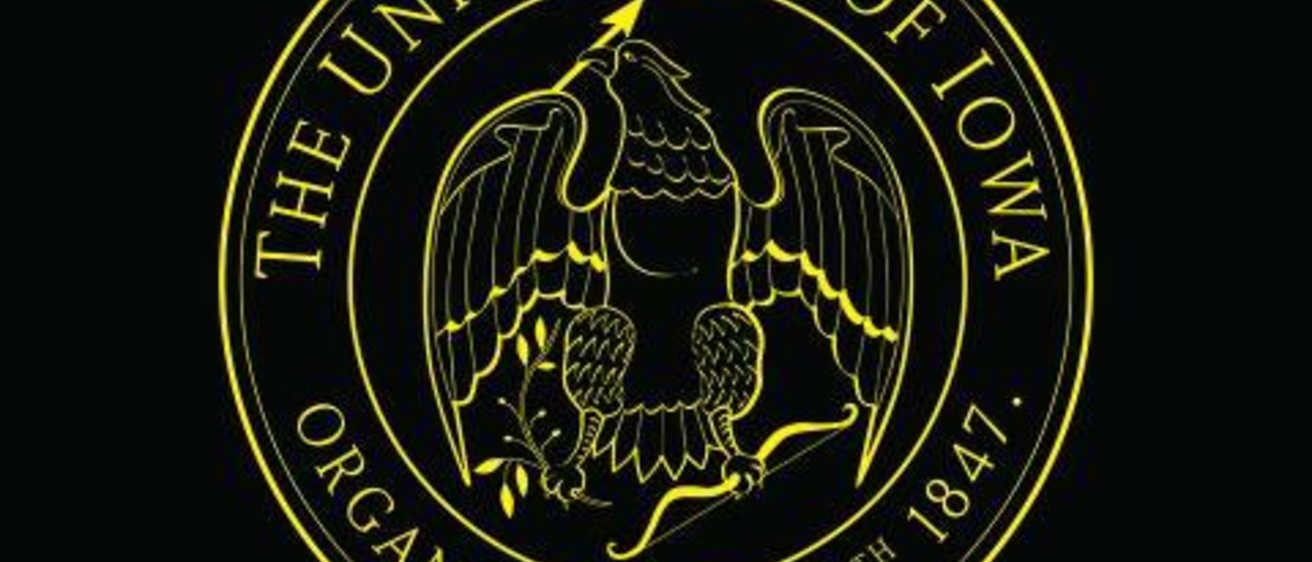Earlier this month, Tom Rice, director of the UI’s Iowa Center for Higher Education in Des Moines, wrote a wonderful piece about some of the commonly overlooked ways a university serves its surrounding community. He was able to succinctly express that even though we can study the positive economic impact a university has, the real value of a public institution like the UI isn’t something that’s truly quantifiable. As I’ve said before, we can certainly talk about the monetary value a university brings to its community, but now it’s time to go past the numbers and take a wider view of what the UI provides.
What comes to my mind when I think of the value of a public institution like ours is the opportunity it gives undergraduates like Niko McCarty, Velarchana Santhana, and Akanksha Chilukuri to tackle real-world problems and collaborate with some of the best faculty in the country to improve people’s lives. All three work in the Pappajohn Biomedical Discovery Building and are actively contributing to cutting-edge research. Where else would undergraduates be able to do that sort of work? The UI is able to give them that chance, and they’re already giving back by breaking new ground in the study of how diabetes affects the heart and eyes, and how preeclampsia can harm infants.
A public university can also be a home for researchers who want to bring important discoveries in their areas of expertise to the general public. Our faculty’s findings don’t stay locked away within the borders of campus; UI professors and researchers work hard to share their results and explain their fields to the public. For example, Robert Cargill, an assistant professor of classics and religious studies at the UI, published the book Cities that Made the Bible, regularly appears on CNN’s Finding Jesus television series, and often goes out of his way to debunk bad scholarship on TV. He’s been on the Discovery Channel, the History Channel, and the National Geographic Channel—all in the name of bringing serious scholarship to people outside of academia. Work like his keeps public discourse honest and prevents us from making bad assumptions about the present based on bad assumptions about the past. That isn’t a trivial thing.
Neither is the forum that came together April 12–14 to discuss how to save millions of lives every year by improving the way people around the world approach cooking. The open fires that so many people in developing nations use to cook meals make them susceptible to dangerous smoke inhalation and eye injuries. The UI-hosted conference, organized by Jerry Anthony, professor of urban and regional planning, brought together researchers from around the world to discuss ways to cut down on these widespread injuries and loss of life.
It’s not easy to quantify the number of people whose lives have been affected by a public institution. It’s a venue for talented students to meet the right professors and a place where researchers can bump into one another in the hallway, discuss their latest work, and come away with a new idea about how to approach a challenge. It’s a place where a professor can teach students by example—taking a public platform to promote honest scholarship and to remind people that facts are more important than sensationalism. How many lives does good work like this touch? We can tout our four-year graduation and job-placement rates, the number of patients we serve, or research grants we secure—and we do—but that’s never going to be the full picture. A university is home to people who positively influence the way we practice medicine and the way we understand ourselves and our place in history. It’s a place to bring together experts who can improve millions of lives.
There aren’t many forums that offer all of these opportunities. Public universities do, and they do it not only for the good of those within academia, but more importantly for the public good. That is the value of a public institution: whether by supporting its students, professors, the local economy, or contributing to important conversations we’re having about the world and our place and responsibilities in it, a public university serves the public. And when our students and faculty take the national stage, they show the world Iowa’s values and the value of what Iowa can do.
